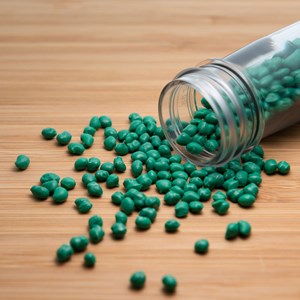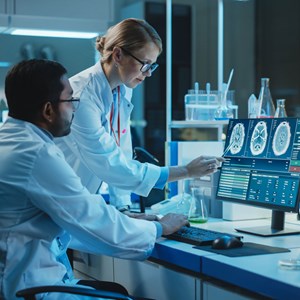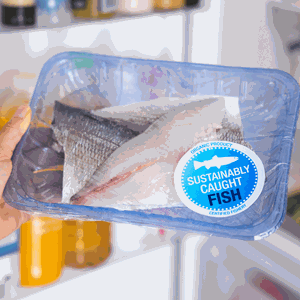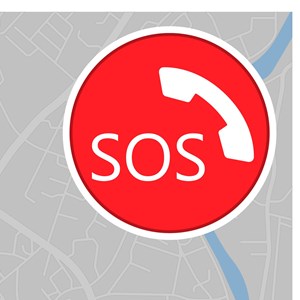NEWS

A new CEN Workshop is being planned as part of the activities of the EU project 'BIOUPTAKE'. The aim of this project is to ensure a sustainable uptake of bioplastic composites in the European manufacturing industry.

A new CEN Workshop is being established to build upon the innovative outcomes of the R&I project BiSCUIT, funded under the Horizon Europe programme. The project focuses on the validation of a dynamic and biomimetic blood-brain barrier model, integrating sensing features to allow a real-time evaluation of barrier formation and integrity maintenance.

A new CEN Workshop is being planned as part of the activities of the EU project “VeriFish”. The aim of this project is help consumers by equipping them with the tools to make informed decisions about the seafood they buy.

Launch of the CEN Workshop 'AMBIANCE - Advanced Manufacturing of Biobased products for urban outdoor applications through iNnovative CharactErisation, digital technologies, and circular approach'

A new CEN Workshop is being planned which will complement the activities of the EU project 'ETERNAL'. The aim of this project is to contribute to the safe and sustainable development of pharmaceutical manufacture, use and disposal.

On Thursday 15 May 2025, CEN/TC 444 organizes a hybrid workshop in Prague and virtually during its annual meeting week to launch the work of WG 8, Assessment and it invites experts and policy makers to join our mission to standardize assessment methods for the environmental characterization of soil, solid and liquid waste, biowaste, and sludge.

The CEN Workshop on 'Sustainable Aviation Fuel' was kicked off on 4th July 2024. The Workshop’s registered participants have agreed on the first draft of the CWA.

Every year, thousands of lives are lost on European roads due to serious car crashes. While emergency services do their best, precious time can be lost when accidents occur in remote locations or when drivers are too injured to call for help. What if your car could call emergency services for you? This is exactly what the Pan-European eCall system does – and a newly updated standard ensures it works even better.

A new CEN Workshop is being planned which will complement the activities of the EU Research project “AI-PRISM”. This initiative focuses on creating a human-centred AI-based solutions ecosystem. Its goals are to improve human-robot collaborations, integrate humanities into the fields of AI and robotics, and afford SMEs affordable and simple solutions.

A new CEN Workshop is being planned which will complement the activities of the ARISA (Artificial Intelligence Skills Alliance). The mission of this project is to help people to understand and use AI in both business and policy contexts.